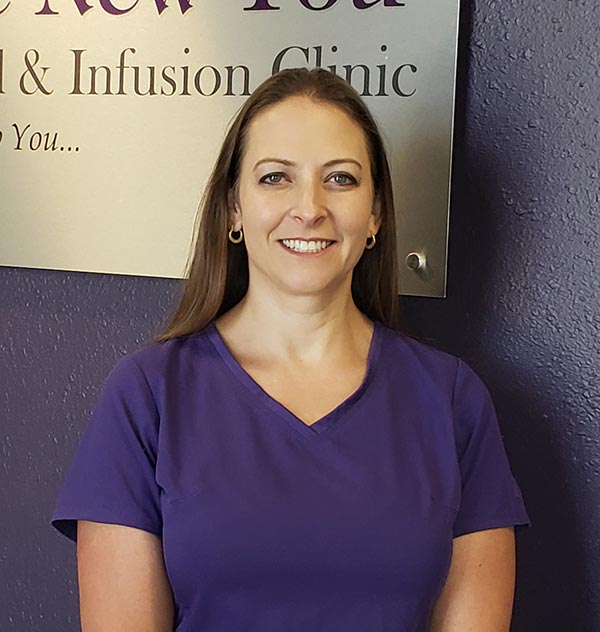Anorexia Nervosa Treatment in Grapevine, TX

With diet tips and tricks published daily and mainstream media showcasing images of picture-perfect thin models and celebrities, many of us, as a consequence, have negative body images and a complicated relationship with food. If you find yourself spending too much time obsessing over food and your appearance to such an extent that it interferes with your happiness and functioning, then you may have an eating disorder like Anorexia Nervosa. Often referred to simply as anorexia, this eating disorder is characterized by self-starvation which results in excessive weight loss. Individuals exhibit an intense fear of weight gain and often feel uncomfortable eating around others, suffering from extreme feelings of anxiety, shame and low self-esteem, peaking particularly after eating. Often resulting in serious health consequences and marked by social withdrawal, anorexia is a serious psychological disorder.
To seek help from a healthcare professional in Grapevine that specializes in anorexia treatment, call (817) 203-2760 or contact Ms. Jessica Stangenwald online.
Anorexia Symptoms
Anorexia nervosa is marked by a number of symptoms that manifest into complications for both mental and physical health. It's important to keep in mind that with anorexia, individuals are often extremely secretive and good at hiding otherwise obvious symptoms. Though an individual may not present with all of the following, here are a number of anorexia symptoms you or a loved one may experience:
- Extreme weight loss, thin appearance
- Skipping meals, making excuses for avoiding food
- Dizziness or fainting
- Dehydration
- Absence of menstruation (amenorrhea )
- Fatigue
- Elevated liver enzymes
- Abnormal blood counts
- Dry skin
- Seizure
- Low blood pressure
- Brittle nails
- Osteoporosis, losing bone calcium that can result in broken bones
- Excessive exercise
- Hair loss
- Constipation
- Body dysmorphia, distorted self-image
- Flat mood, or lack of emotion
- Wearing baggy or layered clothing
- Complaining about being fat
Long-term effects vary, depending on the severity of the disease. Many withdraw from school, work and social activities. There is often extreme isolation and an avoidance of social situations, particularly those centered on food. Because anorexia often occurs in conjunction with co-occurring disorders, individuals may also experience extreme depression that can eventually lead to low self-esteem, feelings of worthlessness and suicidal thoughts. If left unchecked, extreme physical effects of long-term starvation are often irreversible. These include infertility, shutdown of major body systems, brain damage, heart attacks and even death.
Treatment for Anorexia Nervosa
Eating disorders are serious health conditions, with long-term emotional and physical complications. It's imperative that individuals seek professional help, as anorexia has the potential to become a chronic, debilitating and life-threatening condition. There is hope, however, as early diagnosis and intervention significantly increases the chances of recovery. The first step in seeking treatment, is to admit that you need help. After an individual is willing to accept anorexia treatment, therapy or counseling, coupled with monitoring of medical symptoms and conditions is often most effective. Certain psychiatric medications have been shown to improve mental health symptoms. Still, whatever course of treatment is offered, it should be tailored to the individual. A multidisciplinary team is recommended, including a primary care physician, psychologist, psychiatrist, social worker and nutritionist. The best treatment is interdisciplinary, utilizing a holistic approach to the individual, including:
- Medical Treatment - Before a patient is healthy enough to become receptive to treatment, medical intervention is often required. A physical assessment is necessary to address and resolve serious health issues such as malnourishment, heart issues or damage to bodily systems and functions.
- Nutritional Counseling - Meeting with a registered dietician is often a priority in eating disorder treatment. Nutritional education and counseling are necessary to reestablish a healthy relationship with food.
- Therapy - After health is stabilized, therapy is introduced. Therapists work with individuals to help them replace negative thought patterns and feelings of hopelessness with positive coping mechanisms. Therapies in treating anorexia often include DBT (dialectical behavior therapy), CAT (cognitive analytic therapy), CBT (cognitive behavioral therapy) as well as family and group therapy when it’s beneficial.
In extreme cases, when life-threatening physical problems or severe psychological and behavioral problems impair functioning, inpatient care and hospitalization may be necessary. Though individual needs may vary, it's most important for patients to find a healthcare provider that they trust, to manage and direct their care.
If you or a loved one are experiencing anorexia nervosa symptoms, get help today in Grapevine from an eating disorder expert, call (817) 203-2760 or contact Ms. Jessica Stangenwald online.
The New You Medical & Infusion Clinic
Address
100 Grapevine HwyHurst, TX 76054
(817) 203-2760
https://www.newyoumedclinic.com/
Hours
Mon:
10:00 am - 6:00 pm
Tue:
10:00 am - 6:00 pm
Wed:
10:00 am - 6:00 pm
Thu:
10:00 am - 6:00 pm
Fri:
Closed
Sat:
Closed
Sun:
Closed


